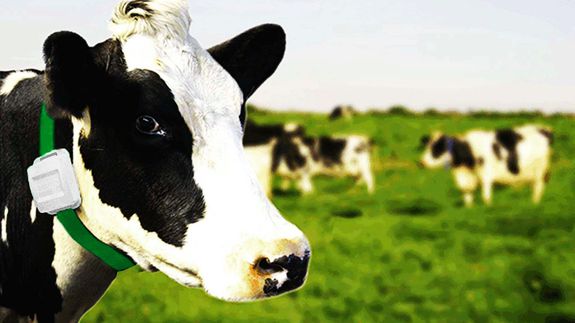 Keeping track
Keeping track
Sep 26, 2018
WASHINGTON, DC -- Journalists, experts, and industry leaders gathered last Friday at the International Food Information Council’s Food Innovation Summit to discuss innovations in food technology and trends in consumer demand. Topics ranged from marketing buzzwords to advances in gene editing and blockchain, and discussion largely revolved around consumer trust in the agriculture industry.
Panelists tackled difficult questions about how to communicate effectively with the public in a world of rapid scientific advancements and rampant misunderstandings when it comes to labels like “natural” and “GMO.”
“The consumer has multiple definitions of freshness, and natural, and healthy, and unprocessed, so there’s multiple ways to reach them based on what their perceptions are,” said Samantha Cassetty, a nutritionist and food columnist with NBC. “We have to come up with the solutions for letting people know where their food is coming from and create these authentic stories for them.”
A central theme of the talks was how increased transparency in supply chains and better management of data can aid the agriculture industry, from farmers to retailers, in providing the trust that consumers are increasingly demanding from their food sources.
“When you gain trust you have a better chance of getting acceptance or getting a message across than when you just go up against it. Consumers don’t like to hear that their deeply held beliefs are wrong,” continued Cassetty. “There’s such a lack of understanding about farming and farming practices among consumers. People think of farms as Big Industry, and they don’t realize that most farms are family businesses supporting communities, farms that have been around for 100 years. These farmers care about the sustainability of their land. That’s their family business.”
Tejas Bhatt, senior director at Walmart and a research scientist with a background in computer science, believes that blockchain could be a boon to greater transparency in food supply chains, and is spearheading Walmart’s effort to implement the technology throughout its 28-country operation. “Blockchain is radically transforming the way we enable transparency and traceability across the supply chain. It’s foundational to enabling that level of transparency before we get to the customer.”
Bhatt also emphasized the shared benefit to stakeholders up and down the supply chain of adopting blockchain. “We approached this from a shared value proposition. We’re telling our supply chains that if you give us visibility back to the farm, we will give you visibility to our stores. And you can see how your product is going from the distribution centers, to our stores, to the customers.”
There was general agreement among panelists and participants that strong, clear communication with consumers about the food they eat is more important than ever in the ag industry, considering the technological and scientific advances of recent years.
“It’s quite incredible when you think about historical farming versus modern farming today, traceability, and all the steps we take to ensure food safety,” said dairy farmer Brian Fiscalini with Fiscalini Cheese. “I have the equivalent of a Fit Bit on every single cow.”